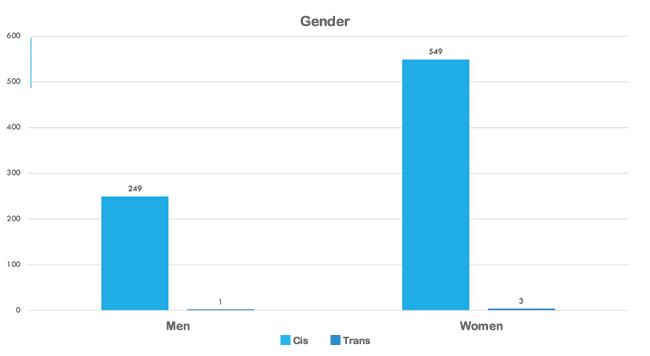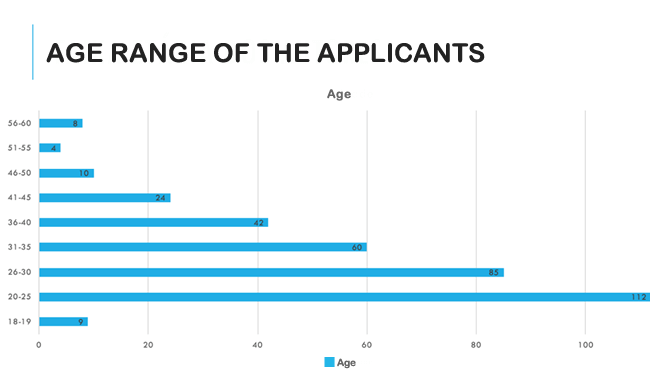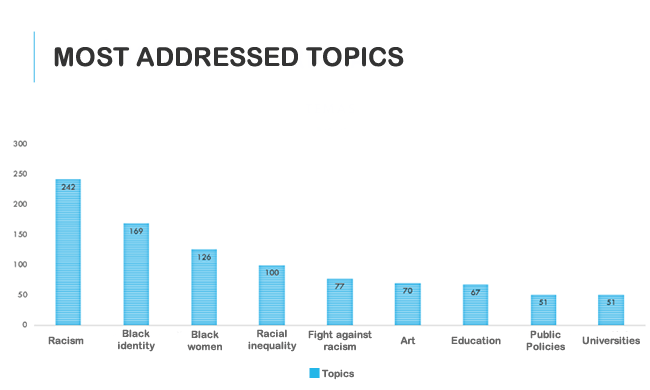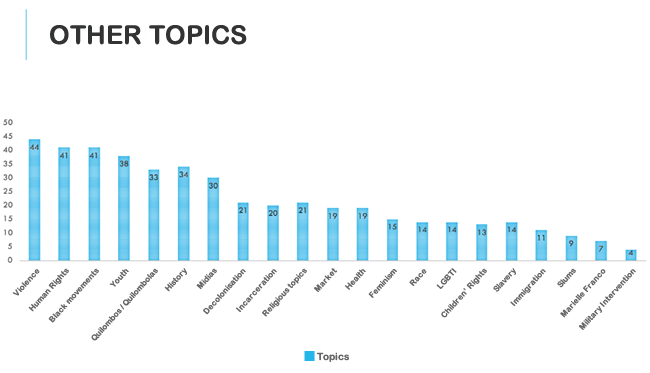
The experience of Sur’s Writing Fellowships for Black Authors
Unlike previous editions, this 28th edition of Sur International Journal on Human Rights granted three writing fellowships to black authors. From September until December 2018, each writing fellowship provided financial support in the amount of R$ 4.100,00 (Brazilian Reais), as well as mentorship in the process of writing for this publication. The fellowships’ objective was to encourage and support black activists and/or researchers to write about their experiences and/or research on racism and human rights, in the Brazilian context.
The fellowship was conceived from a hypothesis on the state of the art of the funding of research on racism and human rights in Brazil. Even though the number of black students at universities in the country has doubled in the last decade11. http://agenciabrasil.ebc.com.br/educacao/noticia/2016-12/percentual-de-negros-em-universidades-dobra-mas-e-inferior-ao-de-brancos. – a concrete result of affirmative racial policies implemented in the period – financial support aimed at specifically black researchers in Brazil is still sparse, to not say it is almost non-existent. The proposition of a fellowship evidenced a demand not answered by existing opportunities of financial support – necessary for any creative and productive process – as well as of mentoring in the form of guidance for the writing process.
In this brief report, I seek to detail how the mentoring process of the three selected fellows for the 28th edition of Sur Journal developed, as well as present an overview of the received applications. I hope that, by detailing this process, Sur Journal will help public funding agencies, universities and private donors notice the urgent need to support black authors – not only in themes related to racism but also in other areas of research on human rights.
Pioneering initiatives in Brazil like those developed by the Ford Foundation and the Carlos Chagas Foundation in the last decade were vital to form an entire generation of black activists and academics, which this author is a member of. The present report concluded that it is fundamental to develop more initiatives of the kind.
During nine days, between 27th of August and 4th of September 2018, Sur Journal received 803 applications from black authors from across Brazil for the writing fellowship for its 28th edition. The number of 803 applications is considerable on its own. In addition to self-declaring as black when applying, the candidates also had to have a research and/or activism background in combating racism and promoting racial inequality, provide a statement of purpose explaining how the fellowship would assist in writing the article and show availability to contact the mentors during the writing process.
Three authors were selected by a committee composed by members of Sur Journal’s editorial team, namely: the author himself and Maryuri Mora Grisales, as well as the guest editor Sueli Carneiro, founder of Geledés – Black Woman Institute and historical antiracism activist.
The authors selected for the writing fellowship whose articles are now publish in Sur Journal’s 28th edition were Megg Rayara Gomes de Oliveira, Aline Maia Nascimento and Rosane Viana Jovelino. The three selected candidates combine personal standpoints generally neglected by the literature about racism, empiric research experience in the topics addressed, as well as an original perspective on race and human rights. The topics chosen by them, namely: invisibility of black travestis and trans women in the black movement; the experience of establishing people’s courts to look into the homicide of black youths; as well as the practices of political and economic development of quilombola communities, significantly advance the debate on race and human rights proposed by this edition.
The mentoring occurred by means of constant communication between the team and the authors, regular textual reviews – both in relation to form and content – from the moment of conception of each of the selected articles, through their various versions up to the final edition.
Who applied for the Sur Journal’s writing fellowship? On average the selection process attracted young, black women, with master doctorate degrees, residing mainly in the Southeast region of Brazil, whose research is about racism in general or specifically about black identity and the rights of black women.
It is important to mention that, thanks to the careful voluntary work by Laura Eskudlark, a law student from FGV Law School in São Paulo, it was possible to outline the profile of the candidates for Sur Journal’s writing fellowship as follows:
• The majority of the candidates are female (69%). Four applications were submitted by trans individuals (1 trans man and three trans women). Future support to the research developed by black authors should, therefore, take into consideration the intersectionality between gender and race, thus ensuring that support initiatives benefit in fact black women.

• The majority of the candidates who informed age (45% of the total). Out of them, the vast majority is comprised of young people aged between 20 and 35 years old, demonstrating a demand for research support for young black individuals.

• Almost half of the candidates have a graduate degree (masters or doctorates) or are currently pursuing one (46%). This data serves to demystify the false idea that the reason for black people having less access to academic opportunities would be due to a supposed lack of formal instruction. Furthermore, Law is featured as the main academic area (19%), followed by Education, History and Social Sciences (13% each):

• The majority of the articles explicitly addressed the topics of racism and human rights. Other topics greatly addressed include black identity and black women. A considerable portion of the proposals focused on art and human rights, revealing that the legal language is not enough to fully encompass the complexity of race and human rights, which required other languages and other forms of expression. It is surprising to see that recurring topics in the debate on race and human rights, such as state violence, were the subject of few proposals. Such finding seems to indicate that recurring topics such as this might have been researched by black authors under other frames such as black identity, and fight against racism.


The experience of this edition’s writing fellowships taught valuable lessons to the Journal’s editorial team. Firstly, it was clear that even simple technologies such as WhatsApp and videoconference enable prosperous exchanges during the writing process, considering that all three fellows reside outside the city of São Paulo, where Conectas Human Rights is headquartered. Secondly, the writing fellowships reinforced the importance of one of Sur Journal’s mission since its inception: to strengthen the dialogue between activists and academics.
Thirdly, the profile of the three fellows confirms Sur Journal’s most recent editorial path, that its audience is hybrid: Megg, Aline and Rosane are examples of academic activists (or activists with academic interests and background). People like Megg, Aline and Rosane are exactly the audience the Journal is made for.
Finally, a more attentive look into the 803 applications for Sur Jornal’s writing fellowship uncovers important information to diversify knowledge on human rights. The mainstream debate on human rights – whether in university academic circles in the Global North and South, or in the corridors of human rights organisations – is essentially cisgender, masculine and white. The overview presented herein, by means of the 803 applications, reveals an audience that is radically diverse. It is comprised of a group of researchers in which highly qualified black women feature predominantly, and whose debate proposals transcend Law, being presented in an interdisciplinary manner.
There is power in naming one’s own oppression. There is also immense power in narrating resistance strategies and multiple forms of black existence, which go beyond the oppression. The experience of Sur Journal’s writing fellowship reveal the need for this generation of black researchers to find and open spaces in academic, civil society and in hybrid places – such as Sur Journal – so that the meaning of race and human rights in today’s world is debated in their own terms.